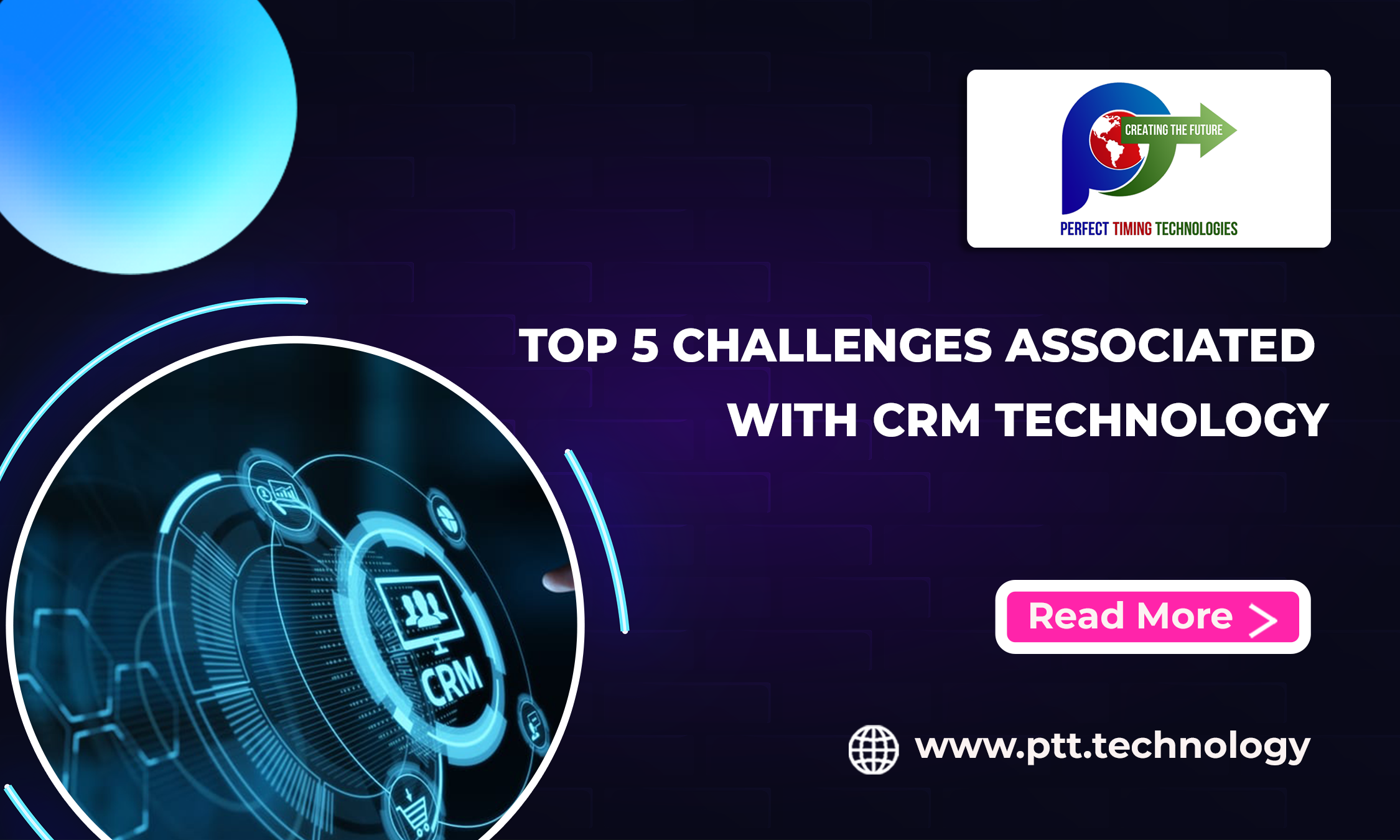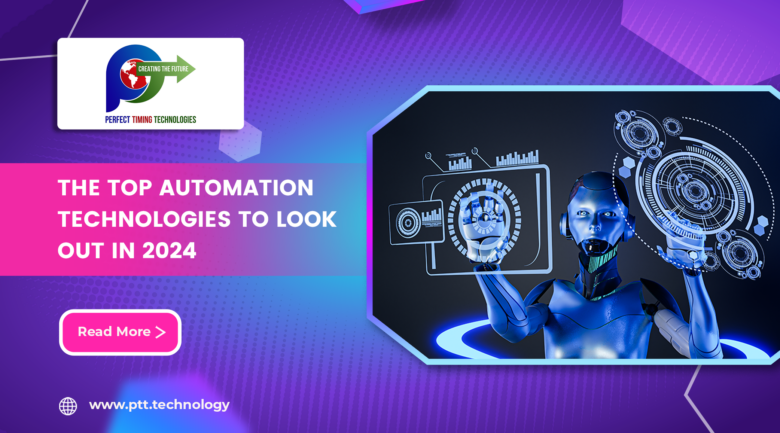
Customers are one of the most essential parts of any business. Customers are valued across industries as they are the ones that shape a business’ current success and future growth. There are various levels at which customer interaction takes place while doing business. As a result, a relationship between the brand and customers is built. But many challenges associated with CRM technology need attention from businesses.
This article deals with the challenges of Customer Relationship Management technology and different ways to deal them. Let us begin.
What are the Top 5 Challenges of Customer Relationship Management?
Businesses face several challenges while adopting, integrating and implementing CRM technology into their core operations and processes, which might affect their performance.
- Cost and Time: CRM systems must be customized to fit specific business processes and requirements. Implementing complex CRM technological solutions can be time-consuming and costly and may lead to technical challenges. Balancing your business needs with the system’s simplicity and usability is crucial.
- Low User Adoption: Getting employees to embrace and effectively use CRM systems can be challenging. Resistance to change, lack of training, and complex user interfaces can hinder user adoption. If employees do not fully understand the CRM system, it can undermine its effectiveness.
- Lack of Strategic Planning: Like other software, CRM systems cannot be integrated and implemented without proper strategic planning. To successfully implement CRM technology into its business operations, a company needs a well-communicated plan addressed to the employees. Everyone must understand the significance of CRM technology.
- Unscalable: As a business grows and customer data increases, CRM systems must scale accordingly. Poorly integrated CRM systems can affect the scalability of your business. Ensuring that the CRM technology can handle a growing customer base, high transaction volumes, and provide consistent performance is a challenge you must address.
- Poor Data Quality: CRM relies heavily on accurate and up-to-date customer data. Ensuring data quality and integrating it from various sources is challenging. Incomplete or inconsistent data can lead to inaccurate insights and ineffective decision-making.
Effective Ways to Address CRM Challenges
With the right strategies and approaches, businesses can effectively address the challenges posed by CRM technology.
- Set clearly defined measurable objectives for CRM technology implementation. Identifying what you want to achieve with CRM, whether or not it is improving customer satisfaction, increasing sales, or enhancing customer retention, will provide direction and focus to your efforts.
- Ensuring the CRM system aligns with your existing business processes is another way to face any CRM challenge. You can customize the CRM platform to match your specific requirements and workflows. It facilitates seamless adoption and reduces disruptions to your daily business operations.
- Successful CRM heavily relies on user adoption. So you must provide comprehensive training to your employees and ensure they understand the system’s functionality and benefits.
- Encourage a customer-centric mindset throughout your business operations. All employees must understand the importance of delivering exceptional customer experiences using CRM technology. Encourage cross-functional collaboration to break down silos and provide a unified customer experience.
- Implement data governance processes across all business processes to maintain accurate and up-to-date customer information. Regularly clean and validate data to eliminate duplicates and inconsistencies.
- Leverage the analytical capabilities of your CRM system to gain insights into customer behaviour, preferences, and trends. Monitor key performance indicators (KPIs) to track the success of your CRM initiatives.
Conclusion
Addressing the challenges of Customer Relationship Management requires a comprehensive approach that combines technology, people, and processes. It involves focusing on data quality, providing user-friendly interfaces, investing in training and change management, integrating systems effectively, prioritizing security and privacy, and aligning CRM strategies with business objectives.
You can buy CONIASOFT Software Package to get the latest software solutions. Or talk to our IT experts to understand CRM better and implement it in your business.







